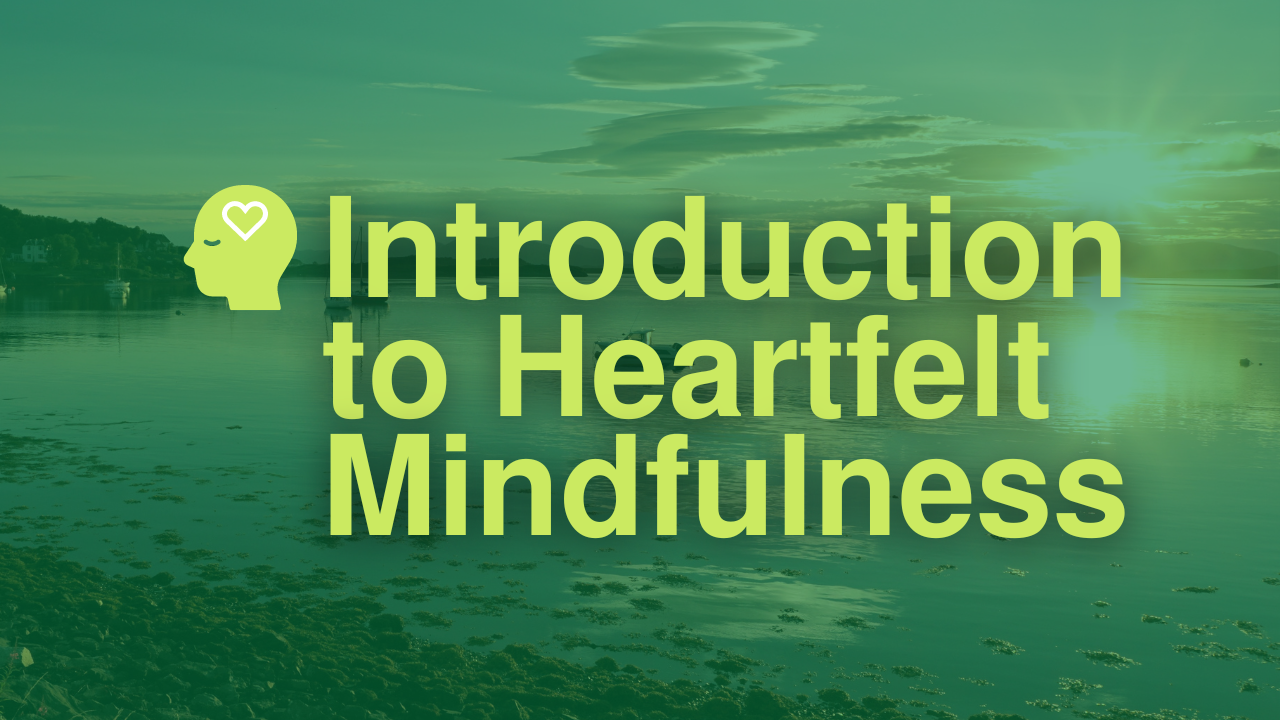
What does “Being present” actually mean?
May 21, 2024The concept of "being present" can feel like something reserved for meditation retreats or self-help books. But what does it really mean and why should it matter to me?
At its core, being present is about fully engaging with the here and now, focusing on the present moment with attention and awareness. It means letting go of regrets about the past and worries about the future, and instead, embracing the richness of life unfolding before us in real-time.
Being present involves tuning into our immediate surroundings, noticing the sights, sounds, smells, and sensations that surround us. It means giving our full attention to whatever task we're engaged in or whoever we're interacting with, without the intrusion of wandering thoughts or distractions.
But why does being present matter, and what benefits does it offer in our everyday lives?
Being present is essential for our mental and emotional well-being. When we're fully present, we're able to quiet the constant chatter of our minds and find a safe space from the stress and anxiety that often come with worrying about the future and over-analysing the past. In a state of presence, we experience a profound sense of calm and inner peace, regardless of external circumstances.
Eckhart Tolle, spiritual teacher and self-help author who wrote “The Power of Now” (on of my favourite books) said:
“All negativity is caused by an accumulation of psychological time and denial of the present. Unease, anxiety, tension, stress, worry - all forms of fear - are caused by too much future, and not enough presence. Guilt, regret, resentment, grievances, sadness, bitterness, and all forms of nonforgiveness are caused by too much past, and not enough presence.
Being present enhances the quality of our relationships. When we give others our undivided attention, we radiate respect, empathy, and genuine interest, forming deeper connections and stronger bonds. Whether it's a conversation with a friend, a family dinner, or a work meeting, being present allows us to show up fully and engage authentically with those around us.
Being present also has practical benefits for productivity and performance. When we focus our attention on the task at hand, we're able to work more efficiently, make better decisions, and tap into our creative potential. In a world where distractions are constant and to focus whole-heartedly can be challenging, the ability to be present can improve all aspects of daily life.
But what if being present doesn't come naturally to us?
What if we find ourselves constantly distracted or overwhelmed by negative thoughts, constant mind chatter and worries?
This is where mindfulness comes in. Mindfulness is a practice that cultivates awareness of the present moment, allowing us to develop the skill of being present in our daily lives. Through mindfulness, meditation, breathwork and other mindfulness techniques, we learn to observe our thoughts and emotions without judgment, gently guiding our attention back to the present wherever it may wander off to.
By incorporating mindfulness into our lives, we begin reducing stress, improving the quality of our relationships, and enhancing our overall well-being. And as we become better at being present, we may find that negative behaviours such as Procrastination, reactivity, negative self-talk and judgemental behaviours begin to diminish.
The work I do with people to support them through negative patterns of behaviour and into a life with more presence, mindfulness and joy, I have never encountered someone who has responded with, “nah, this isn’t for me”. Absolutely everyone can improve many aspects of their lives with simple mindfulness practises, and when you start to see what life can be like, only joy and peace can follow.
Click here for access to free resources, meditations and videos you might find helpful.
𝑨𝒓𝒆 𝒚𝒐𝒖 𝒊𝒏𝒕𝒆𝒓𝒆𝒔𝒕𝒆𝒅 𝒊𝒏 𝒉𝒂𝒗𝒊𝒏𝒈 𝒂 𝒄𝒐𝒏𝒗𝒆𝒓𝒔𝒂𝒕𝒊𝒐𝒏?



